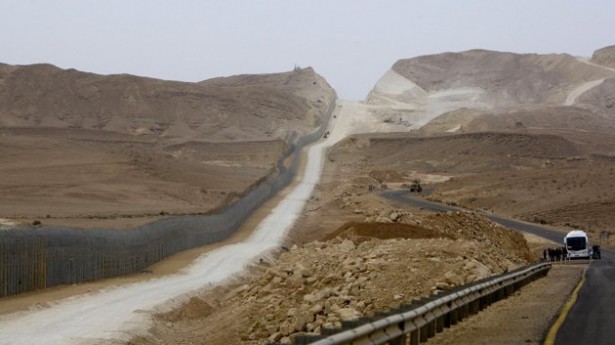The United Nations Development Programme (UNDP) has signed an agreement with the Egyptian Ministry of Environment to fund a national project to turn Sharm El-Sheikh into a green city within the 6-year programme.
“This is a $6.2m project that is allocated by the Global Environment Facility, but the overall amount is estimated at $50m. UNDP implements this project in collaboration with the Egyptian Ministry of Environment,” Alessandro Fracassetti, the Resident Representative of the UNDP in Egypt, said.
He told Daily News Egypt that the project relies on nature based solutions and provides an example for the rest of Egyptian cities about what sustainable tourism could be.
Fracassetti made his remarks on the sidelines of the signing of the agreement on the program, in presence of Environment Minister Yasmine Fouad, and Khaled Fouda, the governor of South Sinai.
The project includes baseline assessment, research to ensure that all plans are put in place to have this low-emission and fully organic program that aims to turn Sharm El-Sheikh into a one of the first green cities for tourism in the Arab world.
“We are planning projects dealing with issues such as solid waste management, solar panels, photovoltaics, desalinization, green hotel standards, sustainable transportation.”
Regarding the preparations for the COP27, the UN climate conference that Sharm El-Sheikh will host in November, Fracassetti stated that a lot of things are already done. “Just two weeks ago, with the Ministry of Tourism and Ministry of Environment, we released new environmental guidelines for all restaurants and hotels in the city, to make sure that everything that they do is environmentally friendly.”
He further added that the UNDP is supporting a plastic free campaign so that the use of single-use plastic will be banned by the time of the conference. It also supports implementing solar power and photovoltaics in hotels, the airport, desalination plants and also in government’s buildings.
“We have programmes like this for the whole of Egypt. We are currently supporting 19 protected areas in Egypt to turn them to ecotourism destinations,” Fracassetti concluded.



